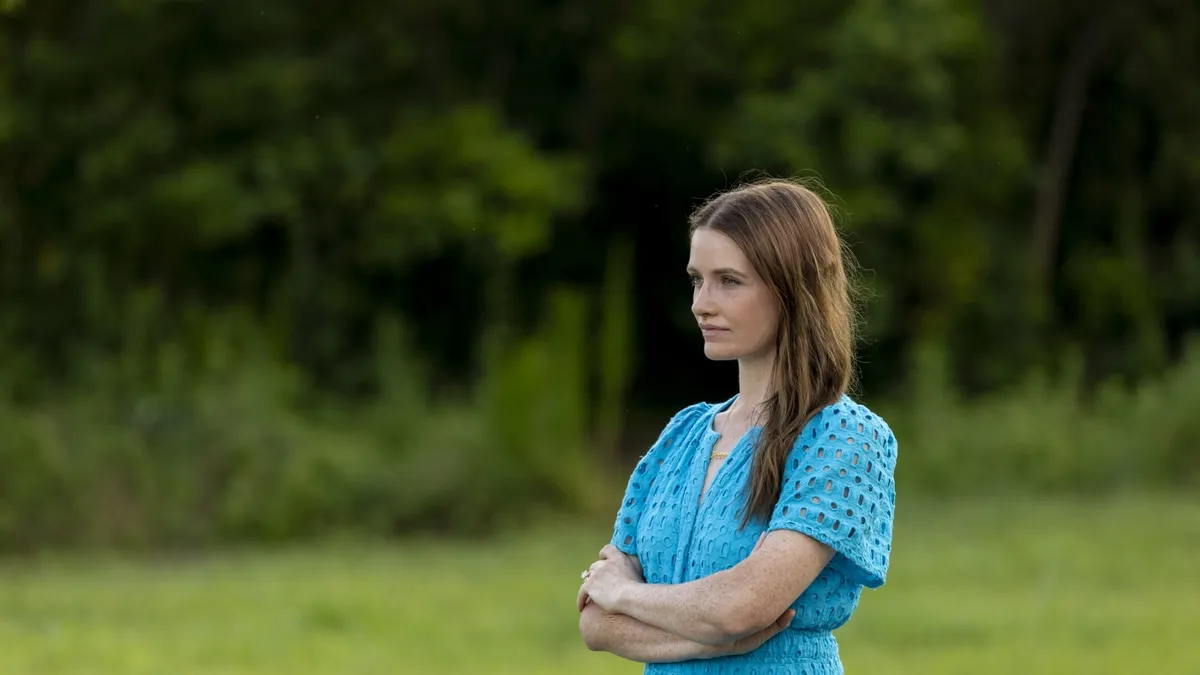
Under the sweltering Georgia sun, Katie Chubb stands before an empty lot, passionately gesturing towards the space where she envisions a much-needed birth center. For six years, she has been tirelessly advocating for a facility that would provide a more home-like alternative to traditional hospital births. As a dedicated community organizer, Chubb recognizes the pressing need for maternal healthcare in Augusta, a city grappling with some of the highest rates of maternal and infant mortality in the United States.
Augusta is surrounded by maternal health care deserts, making it challenging for pregnant individuals to access vital care. Chubb’s vision is to create a freestanding clinic primarily staffed by midwives, working alongside obstetricians to ensure safe birth options for women. Despite significant community support and investment offers, her journey has been fraught with obstacles. The need for more safe birth options is critical in a country where giving birth can pose serious risks.
In the U.S., the maternal and infant mortality rates are alarmingly high, prompting advocates to call for changes in how births are managed. With a growing distrust of medical institutions, many expectant parents are seeking alternatives to conventional hospital births. For instance, when Clarissa Viens was pregnant, she opted against a hospital birth, fearing pressure for unnecessary medical interventions. Her previous positive experiences in both home and birth center settings cemented her preference for non-hospital births. However, with no birth center available in Augusta, she resorted to a home birth that ended in tragedy, leading to her baby being born in a car with a serious brain injury.
Currently, there are approximately 400 birth centers across the U.S., with demand surging in recent years as more families seek safe alternatives for low-risk pregnancies. Katie Chubb, in her quest to establish a birth center, faced significant hurdles, including the need to form partnerships with local hospitals and obtain necessary agreements for patient transfers. Unfortunately, Augusta hospitals have shown reluctance to cooperate, prioritizing their profits over patient needs.
Chubb highlights that the reluctance of hospitals stems from the desire to maintain potential revenue by keeping patients within their facilities. Despite her efforts to change Georgia law to streamline the opening of birth centers, the ongoing requirement for hospital partnerships remains a significant barrier. As Andrea Braden, an Atlanta obstetrician, points out, many obstetricians fear legal repercussions associated with malpractice, which often deters them from collaborating with midwives.
For Black women, the challenges of childbirth are even more pronounced, with a threefold increase in the likelihood of dying from pregnancy-related causes compared to white women. Jonquette Sanders-White experienced this firsthand during her fourth pregnancy when she faced severe complications due to a postpartum hemorrhage that went unnoticed by her medical team. This harrowing experience led her to question the quality of care she received, especially as a woman of color in a predominantly white healthcare environment.
Reflecting on her ordeal, Sanders-White advocates for more holistic and attentive birth options outside of hospitals. She believes that a dedicated birth center could have potentially prevented her near-tragic outcome. Stories like hers fuel Katie Chubb's determination to establish a birth center in Augusta. Chubb, who grew up in the UK where midwife-assisted births are more prevalent, is committed to addressing the injustices and inequalities within the U.S. healthcare system.
As Chubb continues her fight for a birth center, she receives weekly inquiries from community members eager to know when it will open. Despite the challenges ahead, she remains optimistic about the future of maternal healthcare in Augusta. With growing awareness and demand for alternative birth options, the hope for a safer and more supportive environment for childbirth is becoming increasingly attainable.